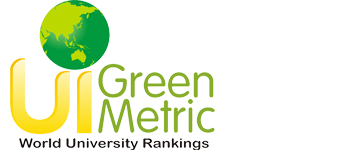


REILEAP — O‘zbekiston va Qozog‘istonda charm sanoati korxonalarini tashkil etish orqali charm sektorida ixtisoslashtirilgan xizmatlar sohasidagi bo‘shliqni to‘ldirish loyihasi Loyiha maqsadi: Mazkur loyiha Erasmus+ dasturining “Ta’limda salohiyatni oshirish” (CBHE) yo‘nalishi doirasida amalga oshirilmoqda. REILEAP loyihasining asosiy maqsadi — charm sanoati bo‘yicha mutaxassislar va talabalar malaka va ko‘nikmalarini oshirish orqali charm va charm mahsulotlari ishlab chiqaruvchi korxonalarning salohiyatini kuchaytirishdir. Ushbu loyiha doirasida institut quyidagi oliy ta’lim muassasalari va tashkilotlar bilan hamkorlik qiladi: Loyiha hamkorlari: • Krit texnika universiteti – Gretsiya • Politecnico Calzaturiero Venetsiya – Italiya • Lasi texnika universiteti – Ruminiya • “Ijodiy fikrlashni rivojlantirish” markazi – Gretsiya • Ege universiteti – Turkiya • Guruservices.Biz IKE – Gretsiya • Toshkent to‘qimachilik va yengil sanoat instituti – O‘zbekiston • Jizzax politexnika instituti – O‘zbekiston • O‘zbekiston ixtirochi ayollar markazi – O‘zbekiston • Taraz davlat universiteti – Qozog‘iston • Janubiy Qozog‘iston davlat universiteti – Qozog‘iston Loyiha qiymati: Loyihaning umumiy qiymati 914 603 yevroni tashkil etadi.